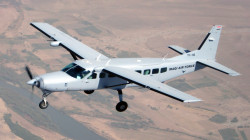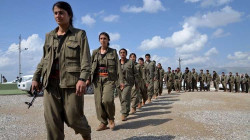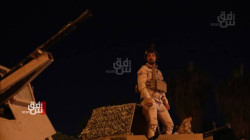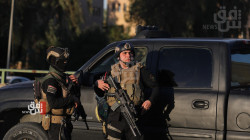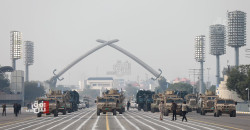German Ambassador to Iraq: Security, refugees, economy, and women’s rights
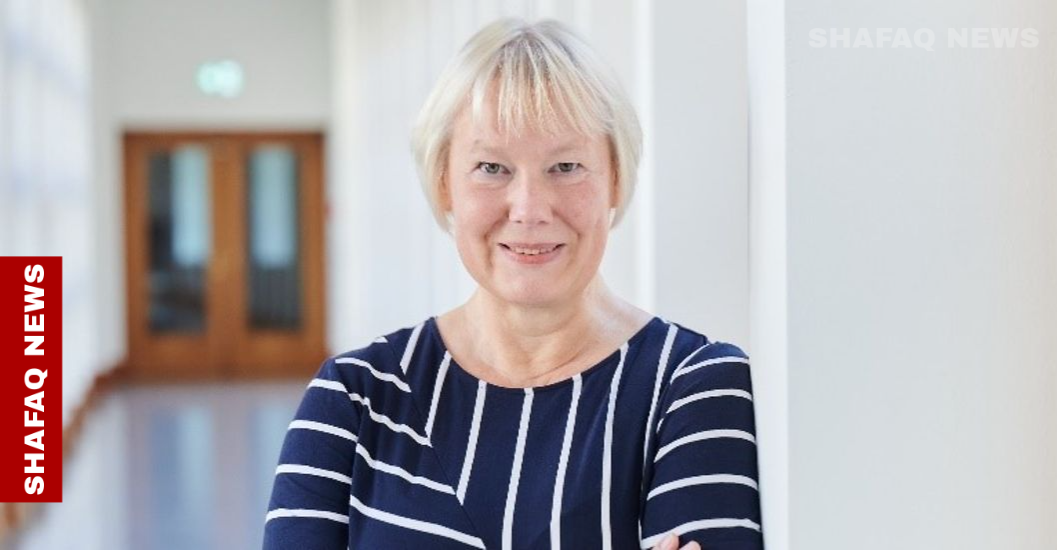
Shafaq News/ Germany and Iraq maintain a broad partnership spanning security cooperation, counterterrorism efforts, economic development, refugee issues, and gender equality. In an interview with Shafaq News Agency, German Ambassador to Iraq Christiane Hohmann discussed key aspects of bilateral ties between Baghdad, Erbil, and Berlin.
ISIS Resurgence and Regional Security
Hohmann highlighted that security cooperation between Baghdad and Berlin centers on strengthening stability and combating terrorism. She noted that Iraq and Germany have collaborated within the framework of the Global Coalition against ISIS since its formation a decade ago.
“The cooperation between Baghdad and Berlin focuses heavily on security and counterterrorism, with Germany supporting Iraq through the Global Coalition, NATO Mission Iraq (NMI), and the European Union Advisory Mission in Iraq (EUAM Iraq),” Hohmann said.
Germany also deploys military advisors under Operation Inherent Resolve (OIR) and supports Iraqi armed forces through NMI’s training and advisory efforts. Hohmann referenced a December 2023 meeting between Iraqi Defense Minister Thabit Abbasi and German Defense Minister Boris Pistorius, where both sides committed to strengthening defense ties.
On ISIS, Hohmann expressed concern over regional instability, particularly in neighboring Syria, warning of the risks of a potential ISIS resurgence. “It is necessary to maintain close cooperation between regional states and the international community to counter any threats,” she said.
Economic Development and Energy Projects
The German Ambassador emphasized the importance of economic diversification for Iraq’s long-term prosperity. She warned that reliance on oil, which accounts for 90–95% of the country’s revenues, limits broader economic development.
She pointed to a 2023 joint work program signed by German Chancellor Olaf Scholz and Iraqi Prime Minister Mohammed Shia Al-Sudani, aimed at diversifying Iraq’s economy and enhancing public services such as healthcare and education.
“German companies, including Siemens Energy, are involved in modernizing Iraq’s electricity infrastructure using associated gas, a previously wasted energy source,” she added.
She also highlighted a German-backed glass factory under construction in Najaf, expected to create 600 jobs. “Germany’s Agency for International Cooperation (GIZ) is working to cut carbon emissions and promote renewable energy in Iraq.”
In early March, the German Chamber of Commerce Abroad (AHK) hosted a delegation of 20 German companies in Iraq to explore investment opportunities and address challenges facing foreign businesses.
“German firms provide expertise in vocational training and public health, while AHK facilitates business exchanges in Baghdad and Erbil,” Hohmann said.
Iraqi Deportations from Germany
Germany has received millions of refugees over the past decade, including many Iraqis, she said, explaining that while some fled conflict, others arrived for work or study.
She warned against irregular migration, calling it dangerous and costly, with migrants at risk of exploitation by smugglers. “Those who arrive this way have no chance of obtaining residency and will be required to leave Germany,” she said.
Hohmann noted that around 20,000 Iraqis face deportation, with Germany facilitating voluntary returns through counseling and training programs at centers in Baghdad and Erbil. “Berlin is working with the Iraqi government and the European Union on deportations, confirming that some Iraqis are forcibly removed when necessary.”
Kurdistan Relations and IDP
Hohmann described the Kurdistan Region as a key player in Iraq’s stability and said Germany’s ties with Erbil are “strong and multifaceted.” She also noted that linguistic and cultural connections between Iraqis and Germans foster mutual trust.
“Germany maintains a consulate general in Erbil, coordinating on economic and cultural matters,” Hohmann said, pointing out that approximately one million internally displaced persons (IDPs) still reside in camps in the Kurdistan Region who are “in need for sustainable housing and employment opportunities.”
“Germany, in coordination with the Kurdistan Regional Government and international partners, is supporting reconstruction efforts, particularly for the Yazidi community,” she said.
She said Germany funds trauma recovery programs, reintegration efforts for Yazidi women and children, and projects documenting Islamic State crimes.
On security, the Ambassador said Germany is engaged in training Iraqi forces and combating ISIS remnants in the Kurdistan Region, where 80 German soldiers are stationed at a military camp in Erbil.
Women’s Rights and Gender Equality
According to Hohmann, gender equality remains a challenge even in Germany, citing wage gaps and underrepresentation in politics. However, she stressed that increasing women’s workforce participation directly contributes to economic growth.
“The conservative reactions in Iraq have hampered gender equality efforts, despite PM Al-Sudani’s commitment to protecting women’s rights,” Hohmann said, expressing concern over what she described as an “anti-gender equality campaign” targeting female activists and the shrinking space for women’s rights NGOs.
She also warned that proposed amendments to Iraq’s Personal Status Law could undermine women’s rights, particularly in areas such as child custody, inheritance, and divorce, in light of Iraq’s international obligations.
“The legal framework will determine the final impact, but we fear these changes may roll back gender equality,” she said.

